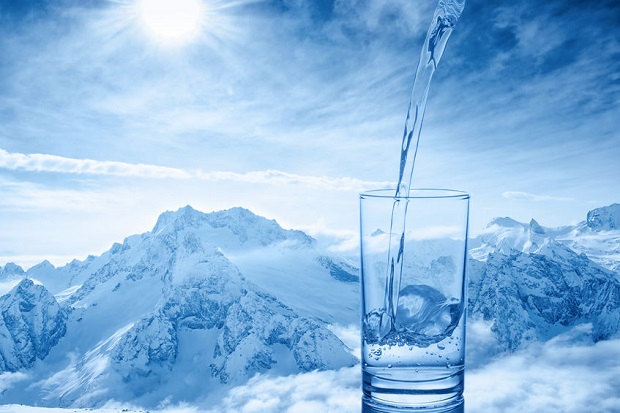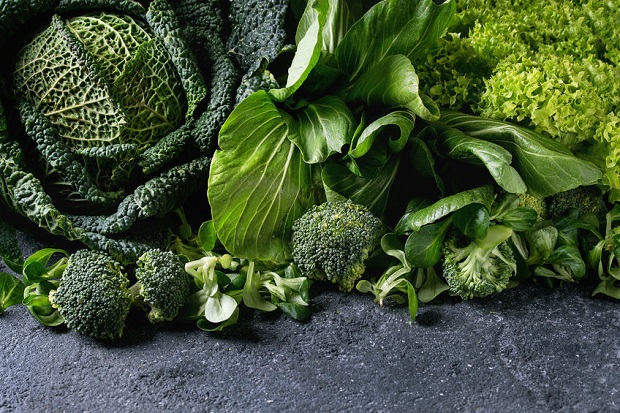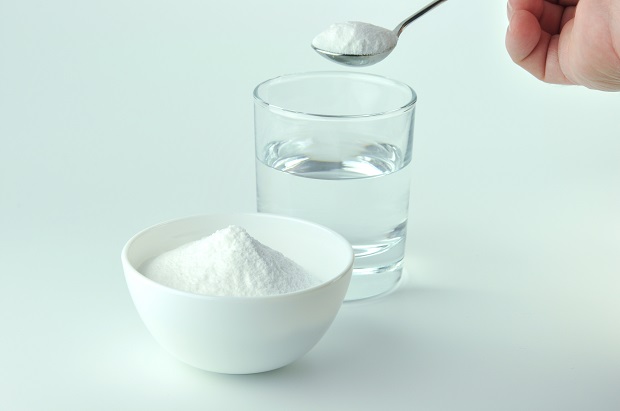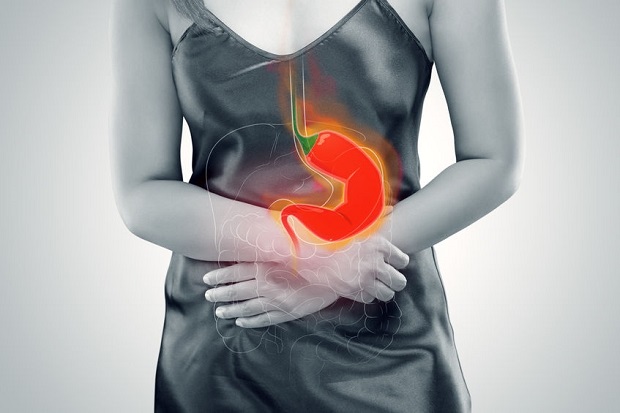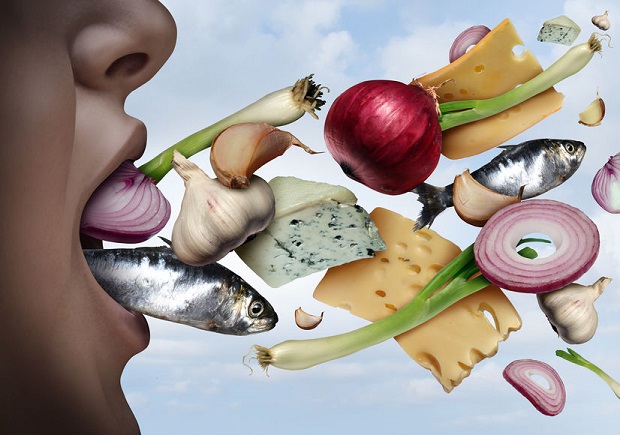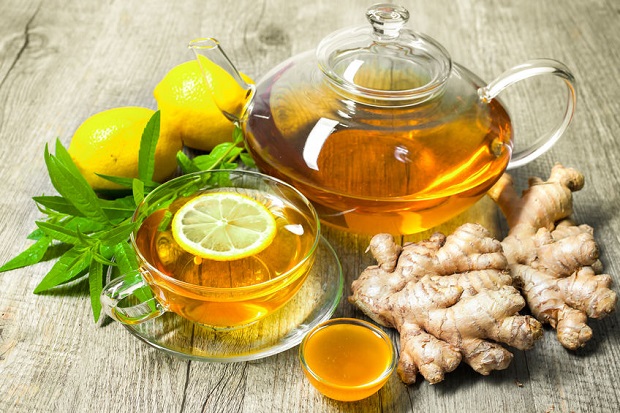
Can Women Get Kidney Stones?
- Women can develop kidney stones. Roughly 9% of US women will experience kidney stones.
- Women who weigh more than 220 pounds are 80% more likely to develop the condition than those who weigh less than 150 pounds.
- Older women who have gained over 35 pounds since age 21 are 82% more likely to develop stones than those who maintain an average weight.
- The incidence rate for kidney stones peaks for a woman at age 50. Postmenopausal women and those with ovaries removed are more likely to develop kidney stones.
Women can get kidney stones. Men are more likely to develop kidney stones, but the incidence rate for women is rising. It is estimated that nine percent of the US female population will experience kidney stones at some point in their lives. And once she has developed one stone, she is fifty percent more likely to develop another within five to seven years. [1]
Jump Ahead
- Women, Weight, and Kidney Stones
- Can Medications Cause Kidney Stones?
- Will Drinking Water Help Kidney Stones?
- How Can Location Affect Kidney Stones?
- Is Age a Factor In Women’s Kidney Stones?
- Will Diet Influence Kidney Stone Development?
- Resources
Women, Weight, and Kidney Stones
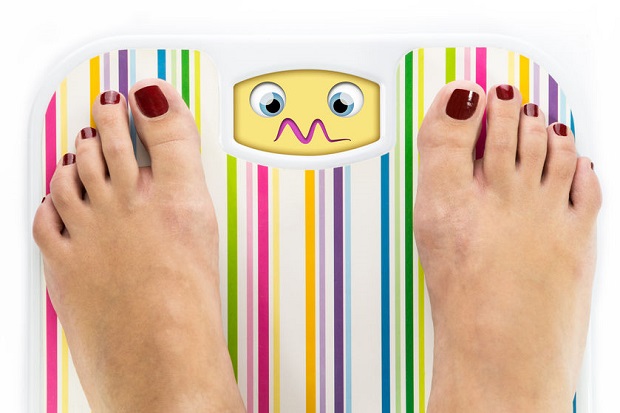
Though historically a condition primarily affecting men, kidney stones are an increasing problem for the modern woman, and it appears that her eating habits play a role in this unfortunate trend. Researchers have discovered that weight gain plays an important role in the development of kidney stones, especially for women. A study published in the Journal of the American Medical Association discovered that women who weigh more than 220 pounds are 80% more likely to develop the condition than those who weigh less than 150 pounds. The study also revealed that older women who gained more than 35 pounds since age 21 were 82% more likely to develop stones than those who maintained an average weight. [2]
Can Medications Cause Kidney Stones?
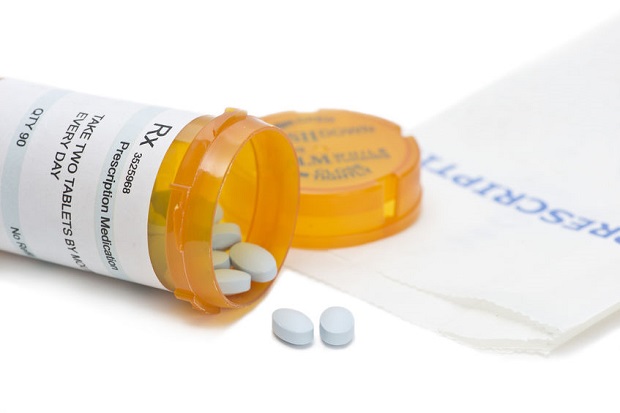
Women taking certain medications may be at an increased risk of kidney stones. Examples are protease inhibitors, antibiotics, and diuretics. [3]
Will Drinking Water Help Kidney Stones?
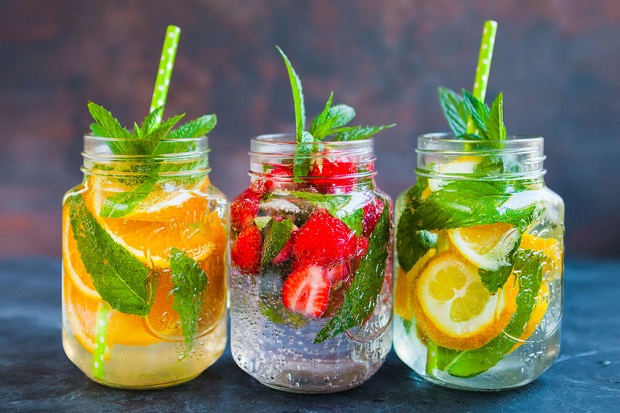
A common preventative measure for kidney stones is increased fluid intake. Drinking plenty of fluids flushes out the various chemicals, such as calcium and oxalate, that amass in the urine to form stones. If water is not your first choice, choose a decaffeinated beverage to inhibit fluid loss. On average, women require 2.5 liters or 10 cups per day. Active women should aim to drink more. [4]
How Can Location Affect Kidney Stones?

It seems strange that the place you choose to live could influence your risk factor for kidney stones, but that is the case. Experts have long observed the fact that people in the southern hemisphere have a far higher incidence rate of kidney stones than those in the northern hemisphere. Hypothesizing that warmer climates play a role in this phenomenon, researchers put the theory to the test to discover that stones are nearly twice as prevalent in the southeast as they are in the northwest and that temperature and sunlight are important risk factors for kidney stones. [5]
Is Age a Factor in Women’s Kidney Stones?

The incidence rate for kidney stones peaks for a woman at age 50. Postmenopausal women and those with ovaries removed are more likely to develop kidney stones. Estrogen may help to protect against kidney stone formation by lowering urinary calcium and calcium oxalate saturation. [6]
Will Diet Influence Kidney Stone Development?
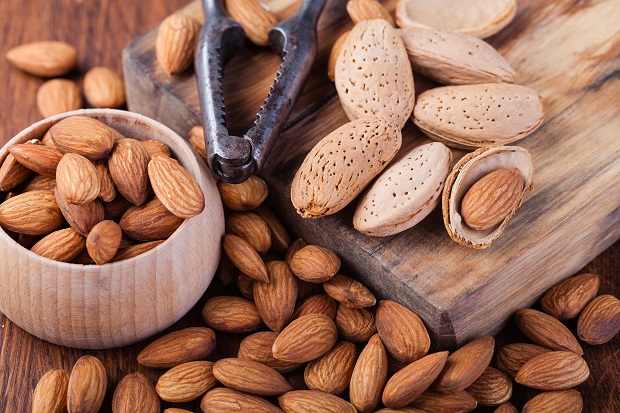
As they say, you are what you eat, and in the case of kidney stone formation, certain foods can help to prevent or promote their growth. Diets high in animal proteins, such as meat and eggs, could increase your chances of developing this painful condition. Excessive salt intakes, such as that found in processed foods and canned soups, is another taboo for those at high risk for kidney stones. [7] Finally, foods high in oxalate can increase your risk, including such foods as spinach, nuts, wheat bran, and rhubarb. [8]
Resources
- [1] National Kidney Foundation – “Kidney Stones.“
- [2] Taylor, Erin; The Journal of the American Medical Association; “Obesity, Weight Gain, and the Risk of Kidney Stones;” January 26, 2005, Volume 293, No. 4
- [3] Mount Sinai – “Kidney Stones.”
- [4] Cleveland Clinic – “Uric Acid Stones: Causes, Symptoms, & Treatment.”
- [5] Soucie, J; American Journal of Epidemiology “Relation between Geographic Variability in Kidney Stones Prevalence and Risk Factors for Stones” 1996; Volume 143, Number 5, pages 487-95
- [6] Heller, Howard; The Journal of Urology; “Etiological Role of Estrogen Status in Renal Stone Formation” November 2002, Volume 168, No. 5, pages 1923-1927
- [7] Urology Care Foundation – “Kidney Stones: Symptoms, Diagnosis, & Treatment.”
- [8] National Kidney Foundation – “6 Easy Ways to Prevent Kidney Stones.“
DISCLAIMER: THIS WEBSITE DOES NOT PROVIDE MEDICAL ADVICE
The information, including but not limited to text, graphics, images, and other material on this website, is for informational purposes only. No material on this site is intended to be a substitute for professional medical advice, diagnosis, or treatment. Always seek the advice of your physician or other qualified healthcare providers with any questions you may have regarding a medical condition or treatment before undertaking a new healthcare regimen, and never disregard professional medical advice or delay in seeking it because of something you have read on this or any other website.
